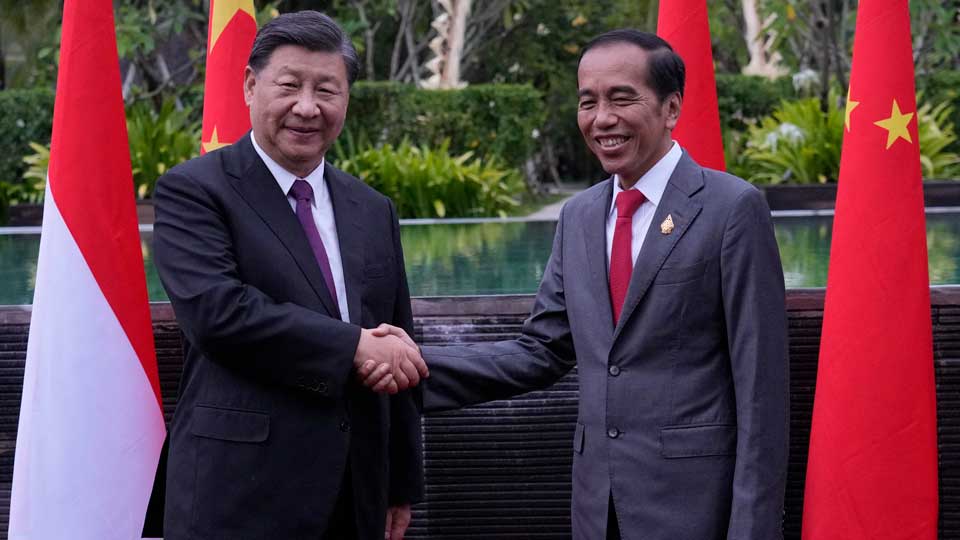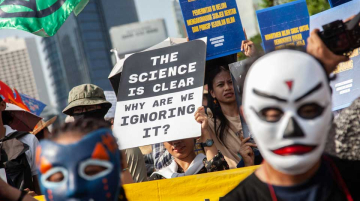
The world’s foremost governmental climate summit kicks off next week, in what is wrapping up to be the hottest year on record.
The 28th United Nations Climate Change Conference, or Conference of the Parties (COP28), opens on November 30 in Dubai.
As in previous years, one of the most consequential debates centers on how rich countries can contribute financing to help developing countries deal with the rapidly changing climate.
The problem is that many past commitments have gone unmet or underfunded.
For example, during the 2017-2021 period, rich countries only managed to channel about $25 billion to developing countries, a fraction of what was pledged, according to the United Nations Environment Program.
To avoid going in circles, a more ambitious approach is needed. Some countries are moving to set up blocs, such as France and Kenya’s, who are pursuing global taxes to fund climate action.
So, what if Indonesia and China joined forces and formed their own bloc to move negotiations forward?
In 2021, at COP26, three major coalitions influenced the talks: the Umbrella, European Union, and BASIC coalitions.
The Umbrella bloc, consisting of rich countries like the U.S., Australia, and Canada, rejected taking responsibility for reducing greenhouse gas (GHG) emissions based on historical data.
The EU coalition took a similar position, though pushed for some funding commitments from rich countries to help developing countries reduce emissions.
The BASIC coalition of Brazil, South Africa, India, and China asks developed countries to significantly step up their responsibilities and take the lead in reducing emissions.
True to its international diplomacy style, Indonesia is currently not part of any climate bloc. For a country that could potentially face the worst effects of climate change, Indonesia prefers to be in the middle ground while benefiting from negotiations done by the existing coalitions.
However, COP28 offers Indonesia a chance to become more active by teaming up with China, the most influential player outside of the developed-country blocs.
An official at the Indonesian Foreign Ministry recently explained that China’s position regarding the climate crisis is often in line with Indonesia’s, particularly on issues like downstreaming critical minerals such as nickel.
China has moved aggressively in energy transition. The country’s current installed capacity of solar power plants is greater than the rest of the world’s combined, according to Global Energy Monitor (GEM). In addition, China’s installed capacity of wind power plants, both onshore and offshore, has doubled since 2017. GEM predicts that in 2025, China will produce 1,200 gigawatts of electrical energy from wind and solar power plants.
If Indonesia were to approach China to form an entirely new bloc, it would align with the latter’s South-South cooperation strategy. The new bloc would help Indonesia re-bargain the Just Energy Transition Partnership (JETP) scheme, which is currently dominated by 95% in debts.
Debts would burden Indonesia’s capacity to carry out climate adaptation programs. From a climate justice perspective, GHG mitigation efforts should not reduce the capacity of state resources, including funding, to carry out adaptation.
COP28 will include at least two of four critical agendas that will interest both Indonesia and China: the acceleration of energy transition and building a new financial framework to fund climate actions.
In accelerating energy transition, retiring coal power plants should be a top priority, along with mitigating the social and environmental impacts of renewable energy development. If such a bloc forms, it could also push harder for financial commitments from developed countries while limiting debt-based funding.
In the end, the hope is that an Indonesia-China bloc could serve as a balancing force in global climate diplomacy and prevent the birth of green colonialism.









